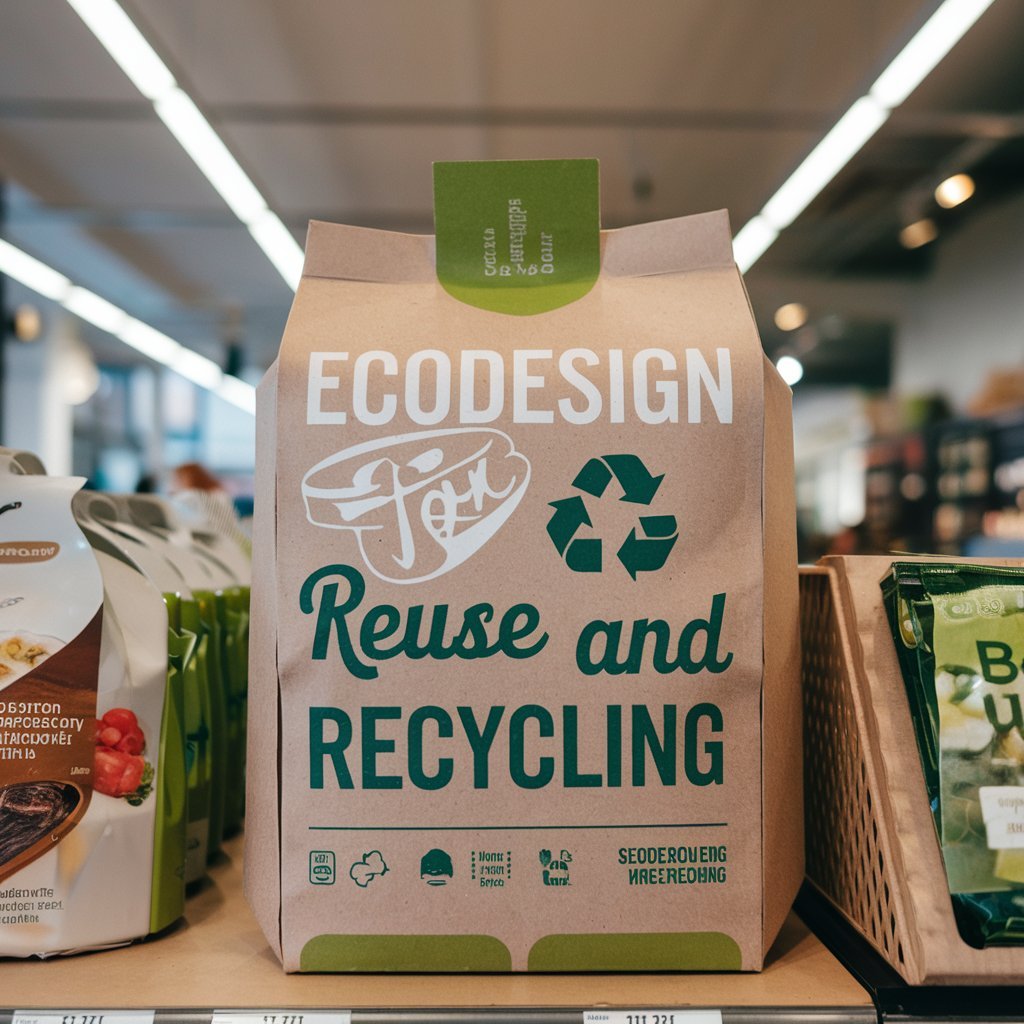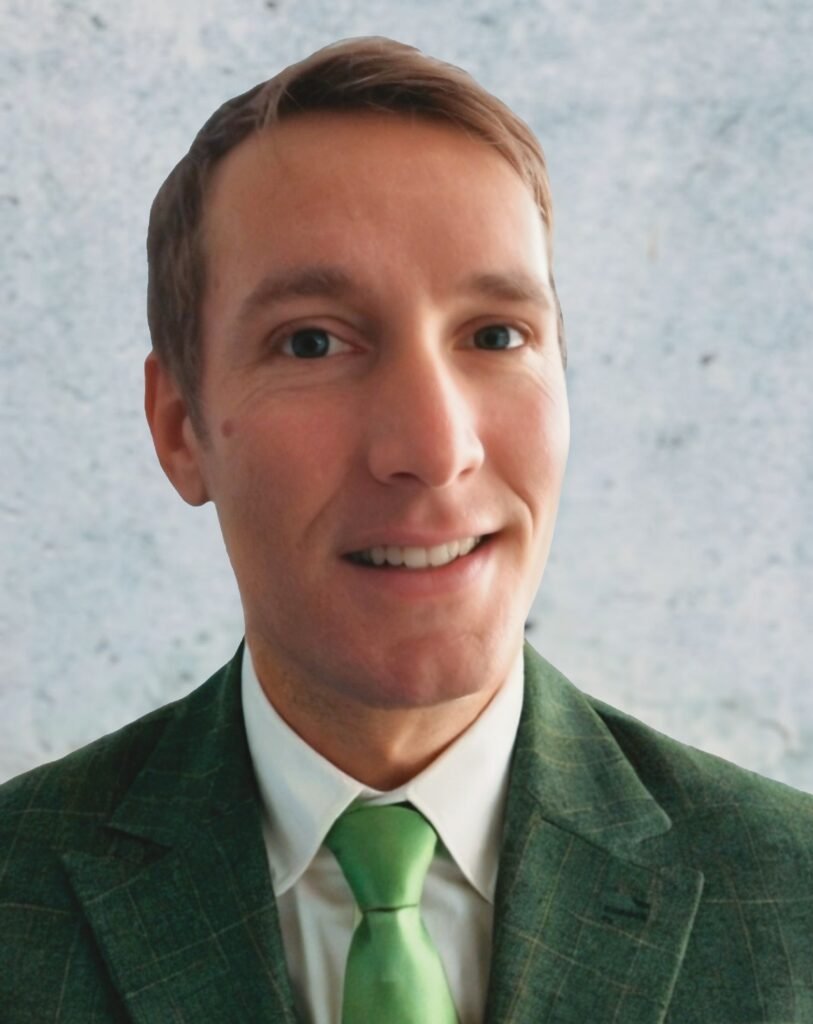
The Birth of Circumetrics
The establishment of Circumetrics Ltd. stemmed from a profound recognition of the urgent need for a more direct and actionable approach to sustainability. As the world grapples with pressing environmental and regulatory challenges, Mark Sayers, the founder of CircuMetrics, observed that conventional consulting models had become too big and complex and often fell short of offering actionable solutions. Drawing upon extensive experience gained through years of supporting clients across diverse industries involved in the design, manufacturing, distribution and sales of products, he was inspired to create a consulting firm focused on addressing the challenges that clients were facing in the intricate interplay between circular economy initiatives and regulatory affairs.
Moreover, Circumetrics is committed to continuous learning and adaptation. Staying current with industry trends is paramount to our mission, as it enables us to ensure that our clients are not merely responding to regulatory requirements, but are also transforming their business models to align with best practice. The circular economy encourages businesses to rethink resource usage, minimise waste, and foster sustainable growth. Circumetrics aims to act as a catalyst for change, motivating companies to embrace new strategies that not only cater to regulatory demands but also drive innovation and competitiveness in an environmentally-conscious marketplace.
Mark understood that many businesses sought not only compliance but strategic partners who could provide real-time guidance and innovative strategies for integrating circular economy principles into their product and supply chains. Thus, Circumetrics was born out of a vision to offer agile, personable support and expertise that empowers organisations to navigate the complexities of circular economy and regulatory affairs.

Networking and Building Relationships
As Circumetrics embarks on its journey in 2025, a vital component of our strategy involves active networking to establish a significant presence within the European market. Networking has always been the cornerstone of consulting, particularly in sectors focused on sustainability and the circular economy. Through reconnecting with former contacts and forming new alliances across the value chain, we are forging relationships that enrich our service offerings and expand our understanding of the circular economy landscape.
Attending industry conferences and events has allowed us to engage with various stakeholders, from manufacturers to policymakers. These interactions are not only about exchanging business cards but also about sharing knowledge and fostering a collaborative spirit vital for driving innovation in sustainable practices. I recall a recent conversation from earlier in my career, wherein we discussed the challenges faced by organisations transitioning to circular business models. This discussion exemplified how these personal connections and deep understanding of the business operations and market landscape are instrumental in cultivating insights that inform our strategies.
Current Projects on Packaging Regulations
As the landscape of packaging regulations continues to evolve, Circumetrics has already initiated several projects aimed at addressing the shifting requirements within the circular economy framework. A major focus area includes the implications of UK Extended Producer Responsibility (EPR) schemes, which have gained traction as regulatory bodies seek to shift the burden of waste management to producers. These initiatives aim to foster sustainability through enhanced recycling and responsible use of materials, while promoting a circular economy.
The recent transition from the old Producer Responsibility Note (PRN) system to the new hybrid with EPR for household materials, has resulted in a significant financial impact on manufacturers, brands, and retailers. Under the PRN system, entities were required to demonstrate compliance through the purchase of recycling evidence notes, which were sometimes insufficient to encourage meaningful change. However, with the introduction of EPR, there is a more robust mechanism that compels producers to take greater financial responsibility for the collection of packaging waste. This shift necessitates a reevaluation of how brands approach packaging choices, recycling processes, and supply chain management.
Manufacturers and retailers now face critical challenges as they adapt to these new regulations, and think about the wider global regulatory landscape as new regulations and laws are embedded into European and markets across the USA. The complexities surrounding compliance—in terms of documentation, monitoring, and reporting—require a comprehensive understanding of both regulatory frameworks and market dynamics. Circumetrics is well-positioned to assist clients in navigating this intricate environment, providing tailored solutions that emphasise compliance and sustainability.
Looking Ahead to The Future of Sustainability and Circumetrics
The future of sustainability is poised to undergo significant transformation, driven by evolving regulations, changing consumer expectations, and advancements in technology. As businesses increasingly recognise the importance of sustainable practices, the need for innovative approaches to circular economy principles will become paramount. Circumetrics is committed to guiding organisations through the complexities of regulatory affairs and sustainable strategies.
In the realm of product materials, a noticeable shift is anticipated towards the use of bio-based and recycled materials. The demand for sustainable alternatives will likely compel manufacturers to redesign their supply chains, incorporating circular principles that minimise waste and maximise resource efficiency. Regulations surrounding product lifecycle and recyclability are also expected to tighten, encouraging companies to develop more circular products and take greater interest in end-of-life systems like re-use, takeback and recyclability. This could fundamentally alter how businesses think about product design and sourcing.
Waste management practices are expected to evolve concurrently, with an increasing emphasis on reuse, waste collection systems and recycling infrastructure. Enhanced technologies will support improved waste sorting and processing, enabling a more effective circular economy. Consumers will demand greater transparency regarding waste practices, driving companies to adopt more robust sustainable policies. This shift indicates not just a change in regulatory landscapes but a cultural transition towards higher environmental accountability.
In parallel, the importance of consumer education will grow. With evolving expectations for sustainability, brands will need to engage with their audiences more transparently, showcasing their commitment to circular and responsible practices. By fostering transparency and open communication, companies can build trust and encourage more sustainable consumer behaviours.
As Circumetrics embarks on this exciting journey, we invite our readers to stay informed about these developments. Follow our blog and LinkedIn for insights, news, and updates on the circular economy and regulatory affairs.
